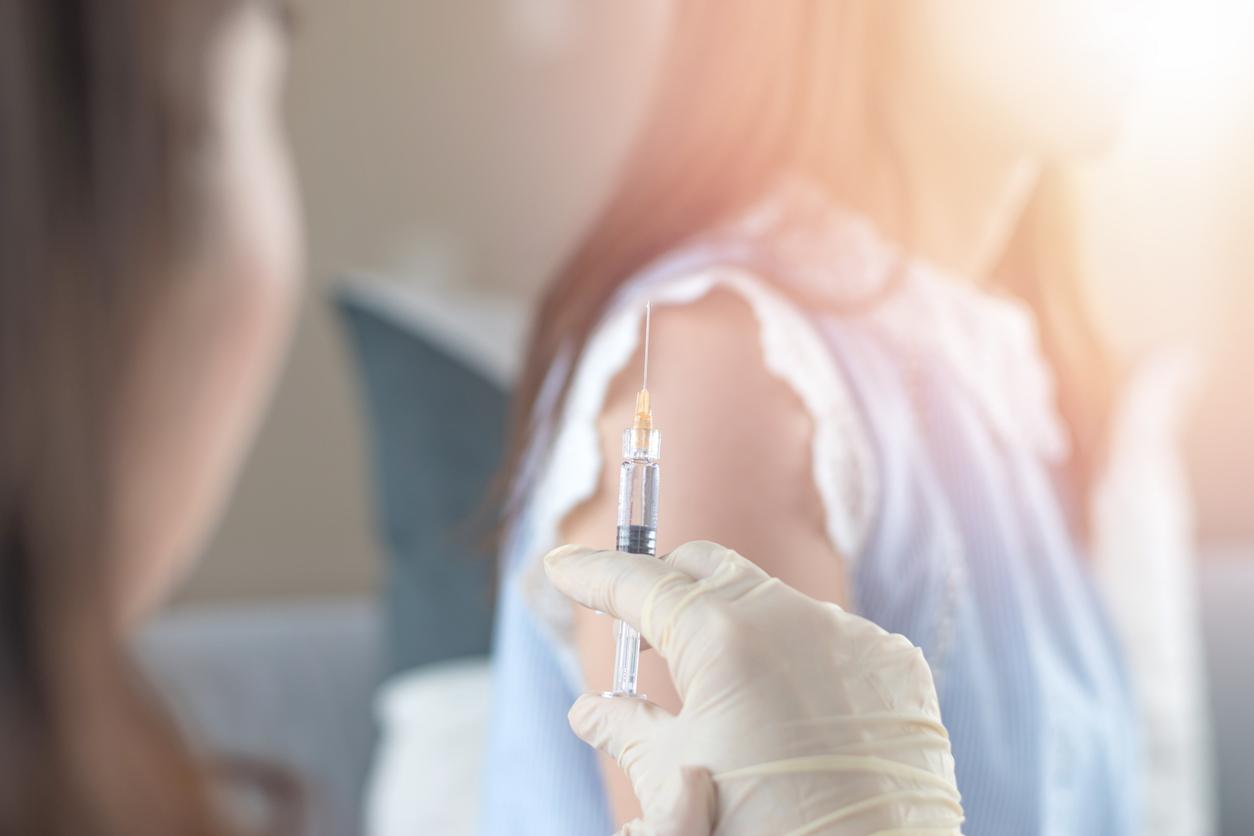The High Council of Public Health is revising the vaccine schedule against hepatitis A due to strong supply tensions for over a year.

The shortage of hepatitis A vaccines is worsening. In a newscast, the French Medicines Agency recalls this Tuesday that the supply tensions that have weighed since 2015 on the Havrix (GlaxoSmithKline) and Vaqta (Sanofi-Pasteur) vaccines persist to such an extent that the official recommendations had to be updated.
“The supplies of adult hepatitis A vaccines planned for 2016 will not fully meet the needs of the market”, explains the High Council of Public Health (HCSP) in its notice dated May 19. Also, “distributions both on the city market and on the local authority market are subject to a strong quota (…) to preserve the remaining units in limited quantities as long as possible”.
No reminder before a return to normal
These restrictions relate to adult vaccines; stocks of pediatric specialties seem sufficient to cover national needs, although “occasional tensions are however likely to be observed”.
In this context, the HCSP revises the vaccination schedules and recommends initially to carry out only one dose for the new vaccinations and not to make a booster before a “return to normal”.
For those who have already received a dose and who are likely to be exposed to the hepatitis A virus, the second dose will not be given until supply tensions have subsided. Only immunocompromised people are entitled to a second dose, since “the persistence of immunity after a single dose is uncertain in their case”.
People who have already received two doses of the vaccine (regardless of the time between the two doses) will not receive a booster even if they are again in a situation of exposure. The High Council also recommends performing a prior serology proving the absence of immunization.
Priorities
These rationing measures are accompanied by necessary prioritization. Thus, the HCSP recommends that children (aged one year and over) be vaccinated as a priority “when they are born to parents from high endemic countries AND they are going to stay in their country of origin”.
People close to one or more confirmed cases, travelers at high risk of infection, or immunocompromised people and men who have sex with men (MSM) exposed to the virus should be vaccinated as a priority. compared to others.
Effectiveness of single doses?
If these recommendations are justified by the market situation, they still raise the question of the effectiveness of such vaccination coverage. “Data concerning the duration of protection after administration of a single dose are lacking,” admits the HCSP, which is nevertheless based on several studies.
“A recent study of 318 children shows that 99.7% retain a protective antibody level 5 years after vaccination. Above all, several studies show that memory immunity persists for at least 10 years after the administration of a first dose of hepatitis A vaccine ”.
Moreover, since the disease has an average incubation period of 28-30 days (range 15-50 days), “the immune memory provides sufficient protection in the event of contact with the virus after vaccination”.
.

















